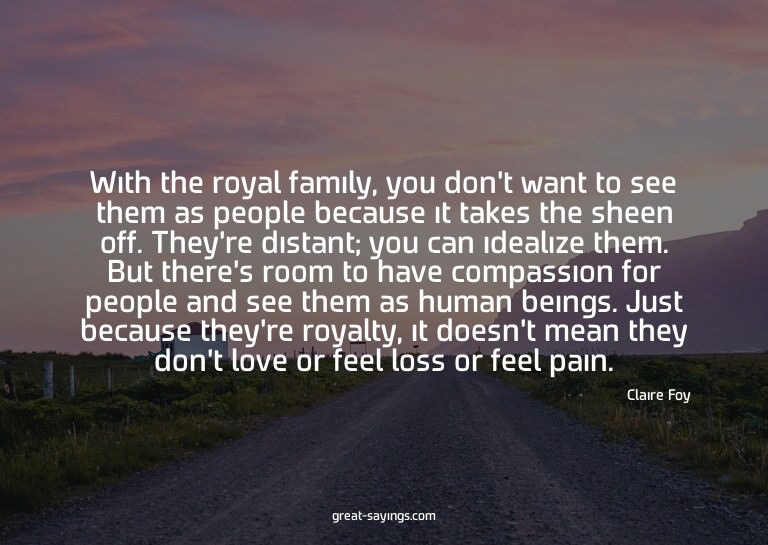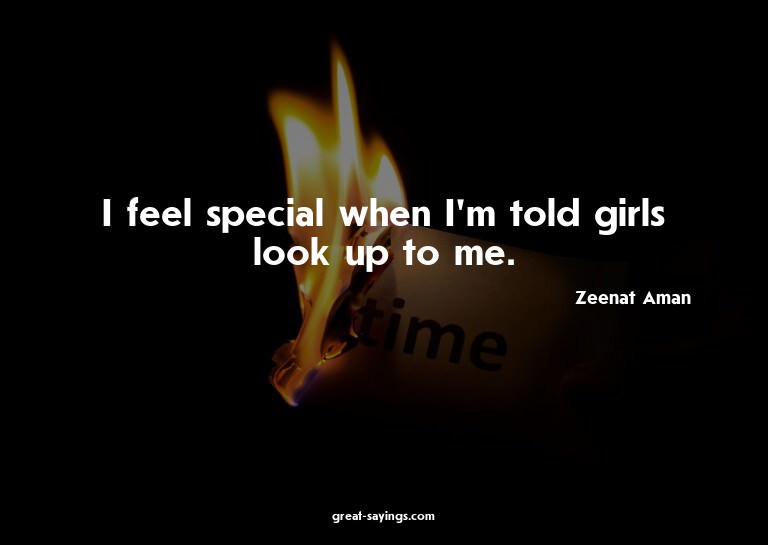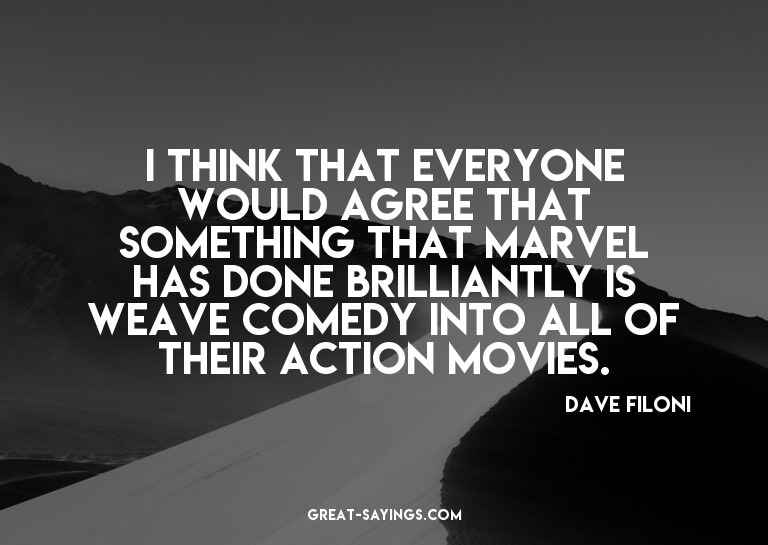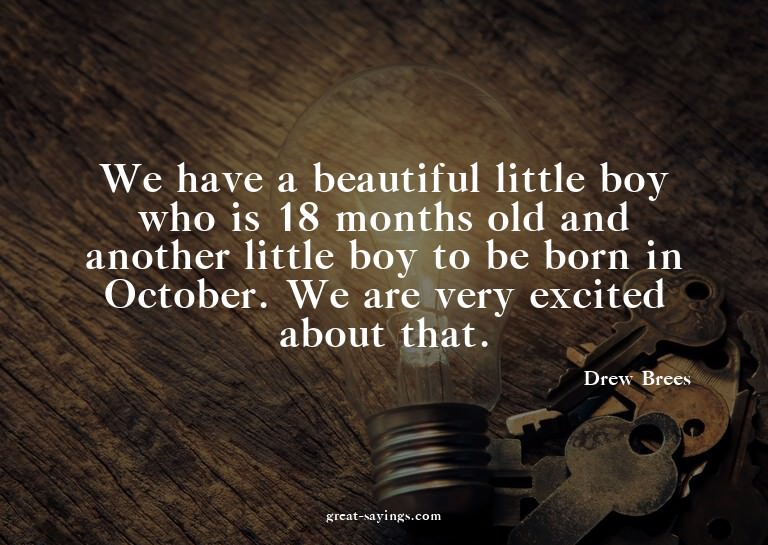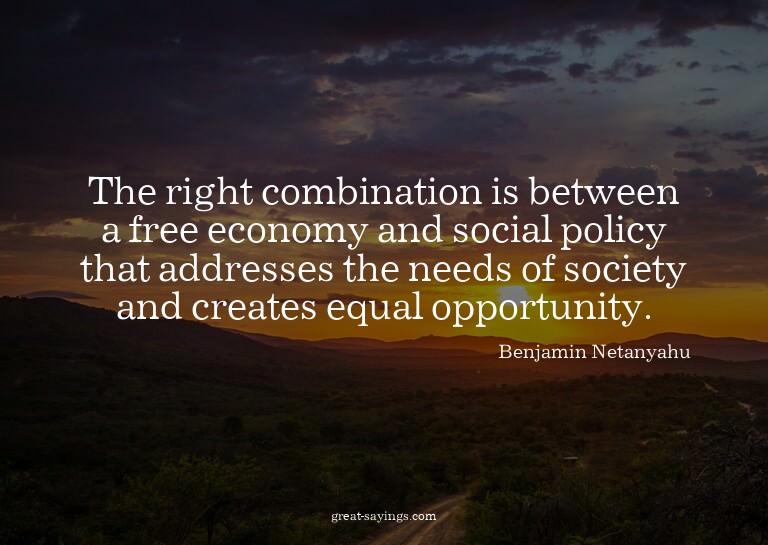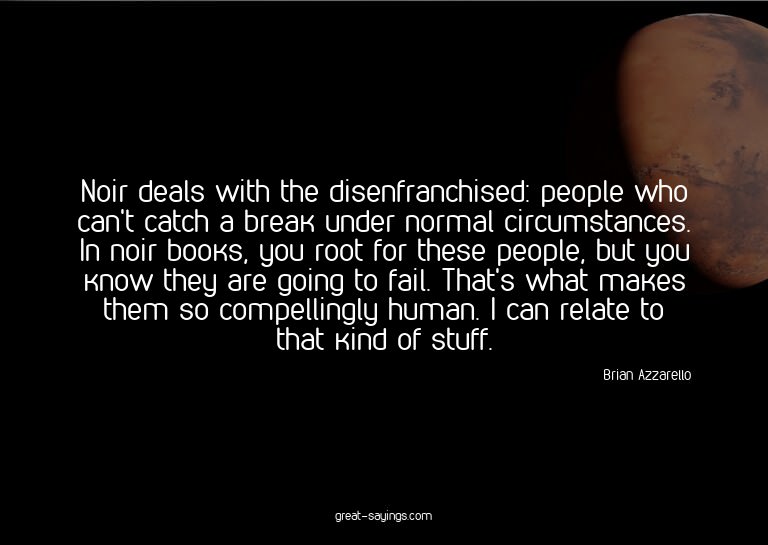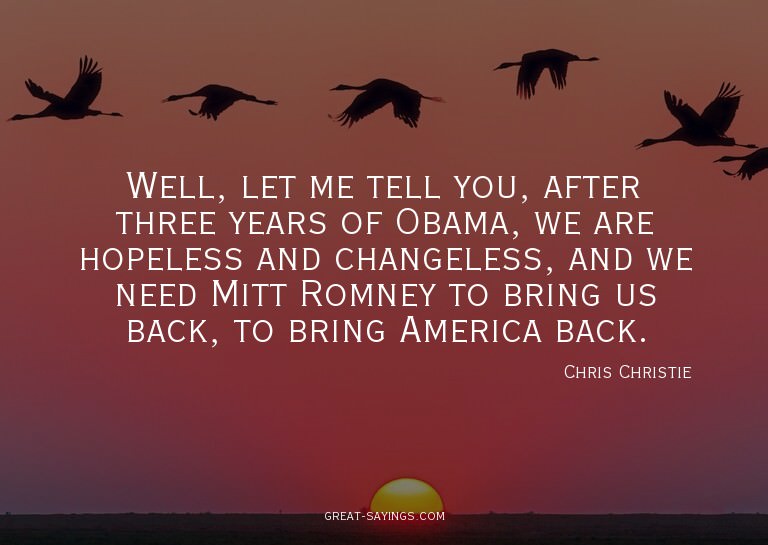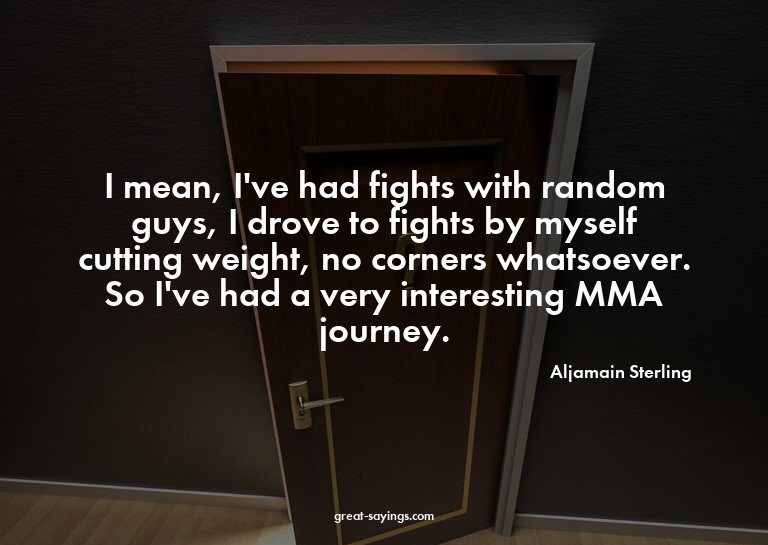Words matter. These are the best Edmund Burke Quotes, and they’re great for sharing with your friends.

Tyrants seldom want pretexts.
If we command our wealth, we shall be rich and free; if our wealth commands us, we are poor indeed.
But what is liberty without wisdom, and without virtue? It is the greatest of all possible evils; for it is folly, vice, and madness, without tuition or restraint.
Free trade is not based on utility but on justice.
Nothing turns out to be so oppressive and unjust as a feeble government.
Under the pressure of the cares and sorrows of our mortal condition, men have at all times, and in all countries, called in some physical aid to their moral consolations – wine, beer, opium, brandy, or tobacco.
Beauty in distress is much the most affecting beauty.
The most important of all revolutions, a revolution in sentiments, manners and moral opinions.
By gnawing through a dike, even a rat may drown a nation.
All tyranny needs to gain a foothold is for people of good conscience to remain silent.
To tax and to please, no more than to love and to be wise, is not given to men.
There is but one law for all, namely that law which governs all law, the law of our Creator, the law of humanity, justice, equity – the law of nature and of nations.
Flattery corrupts both the receiver and the giver.
All human laws are, properly speaking, only declaratory; they have no power over the substance of original justice.
Hypocrisy can afford to be magnificent in its promises, for never intending to go beyond promise, it costs nothing.
The march of the human mind is slow.
Among a people generally corrupt liberty cannot long exist.
No passion so effectually robs the mind of all its powers of acting and reasoning as fear.
The arrogance of age must submit to be taught by youth.
Bad laws are the worst sort of tyranny.
The person who grieves suffers his passion to grow upon him; he indulges it, he loves it; but this never happens in the case of actual pain, which no man ever willingly endured for any considerable time.
Superstition is the religion of feeble minds.
Whenever a separation is made between liberty and justice, neither, in my opinion, is safe.
A disposition to preserve, and an ability to improve, taken together, would be my standard of a statesman.
In a democracy, the majority of the citizens is capable of exercising the most cruel oppressions upon the minority.
Religious persecution may shield itself under the guise of a mistaken and over-zealous piety.
The effect of liberty to individuals is that they may do what they please: we ought to see what it will please them to do, before we risk congratulations.
Politics and the pulpit are terms that have little agreement.
Falsehood is a perennial spring.
It is not what a lawyer tells me I may do; but what humanity, reason, and justice tell me I ought to do.
The traveller has reached the end of the journey!
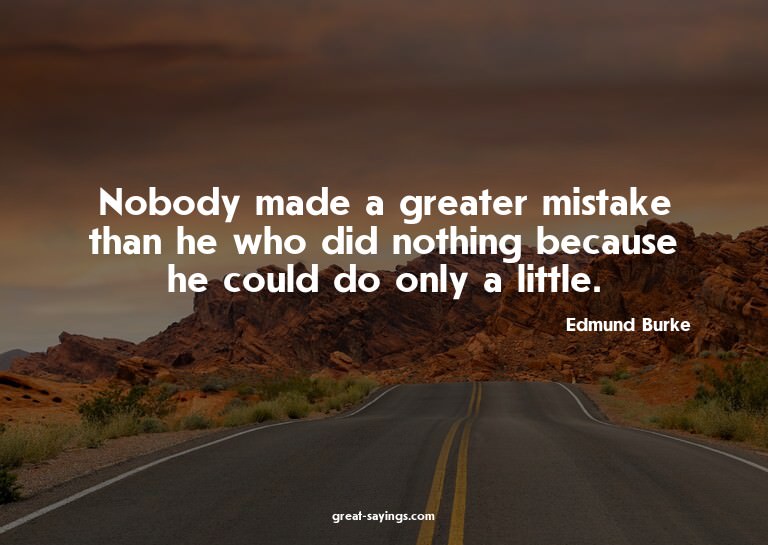
Nobody made a greater mistake than he who did nothing because he could do only a little.
Our patience will achieve more than our force.
It is the nature of all greatness not to be exact.
The only thing necessary for the triumph of evil is for good men to do nothing.
But the age of chivalry is gone. That of sophisters, economists, and calculators has succeeded; and the glory of Europe is extinguished forever.
Justice is itself the great standing policy of civil society; and any eminent departure from it, under any circumstances, lies under the suspicion of being no policy at all.
A spirit of innovation is generally the result of a selfish temper and confined views. People will not look forward to posterity, who never look backward to their ancestors.
Facts are to the mind what food is to the body.
Custom reconciles us to everything.
The people never give up their liberties but under some delusion.
Magnanimity in politics is not seldom the truest wisdom; and a great empire and little minds go ill together.
Religion is essentially the art and the theory of the remaking of man. Man is not a finished creation.
What ever disunites man from God, also disunites man from man.
He had no failings which were not owing to a noble cause; to an ardent, generous, perhaps an immoderate passion for fame; a passion which is the instinct of all great souls.
We must all obey the great law of change. It is the most powerful law of nature.
To read without reflecting is like eating without digesting.
Nobility is a graceful ornament to the civil order. It is the Corinthian capital of polished society.
You can never plan the future by the past.
Mere parsimony is not economy. Expense, and great expense, may be an essential part in true economy.
One that confounds good and evil is an enemy to good.
Good order is the foundation of all things.
The tyranny of a multitude is a multiplied tyranny.
To make us love our country, our country ought to be lovely.
Society can overlook murder, adultery or swindling; it never forgives preaching of a new gospel.

